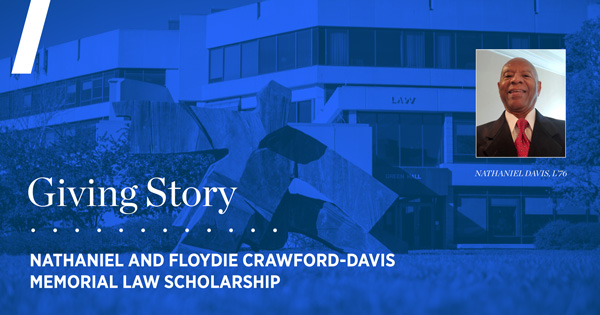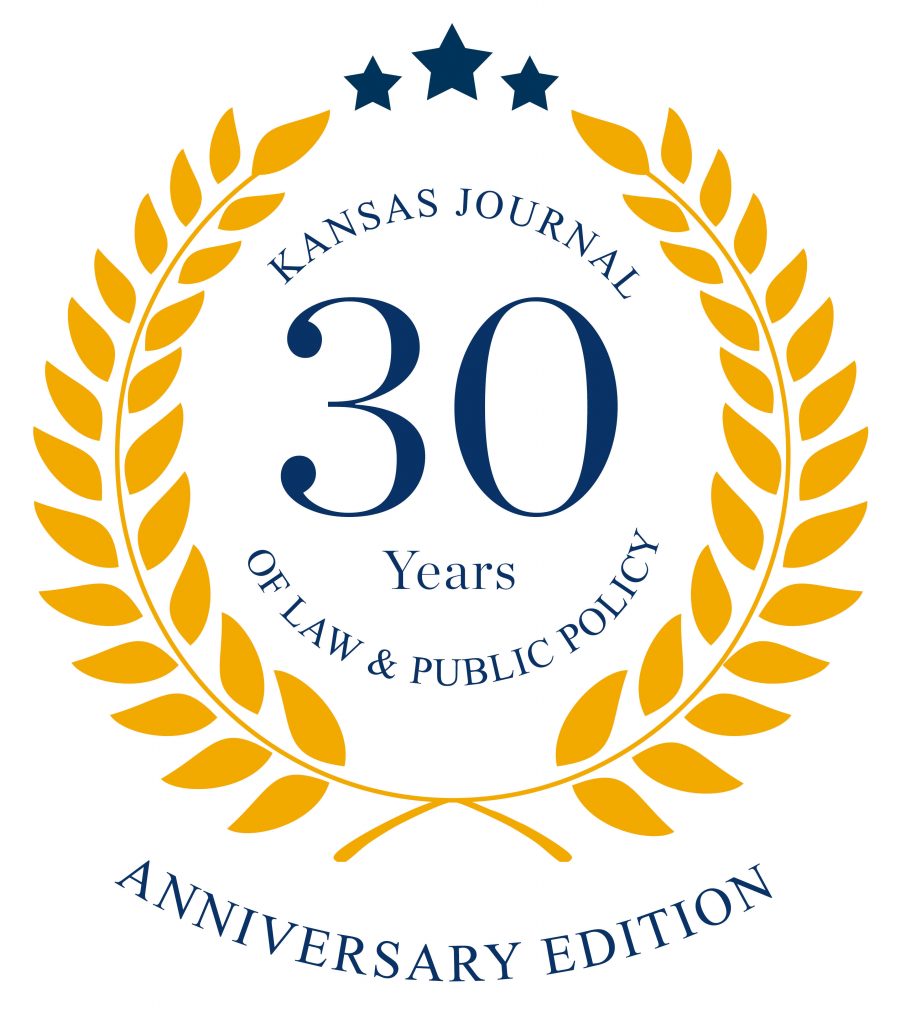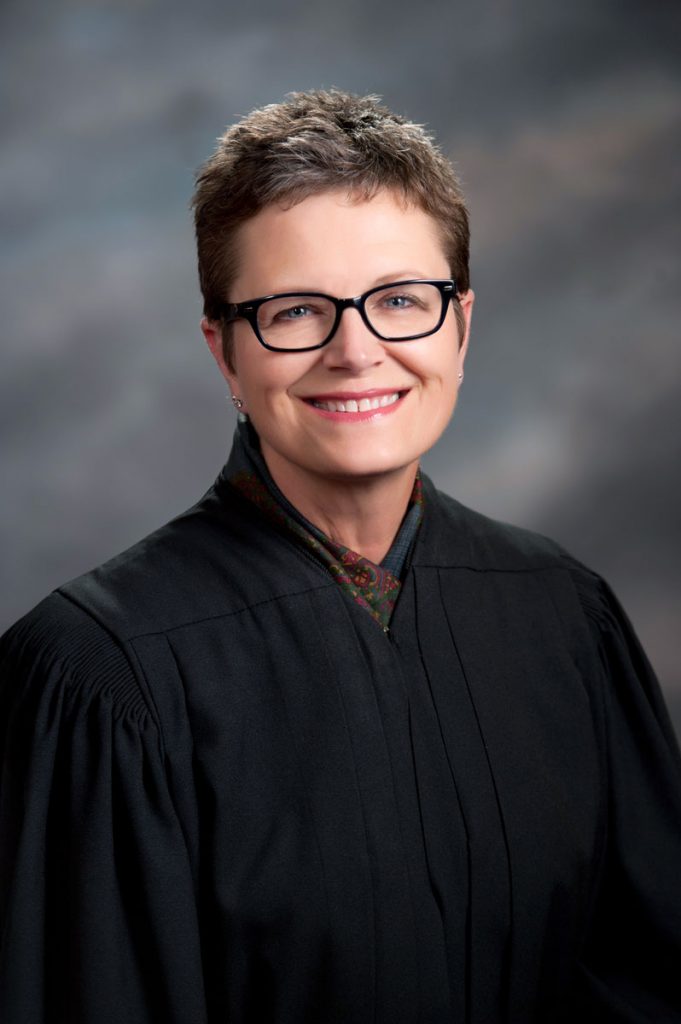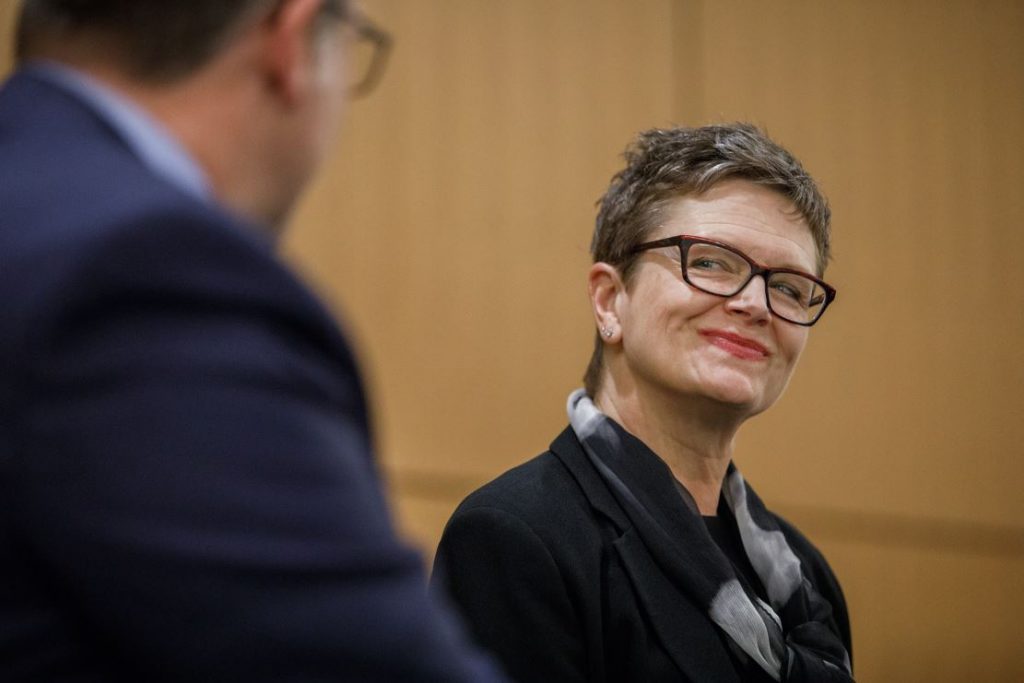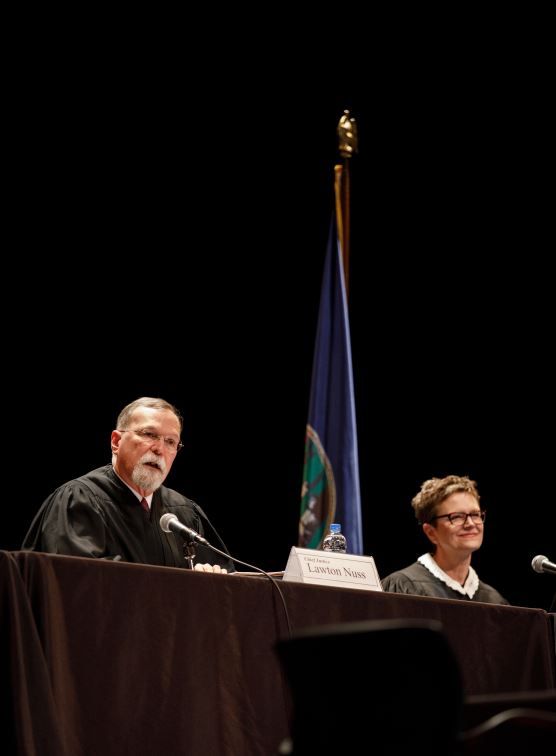
The story of Sisyphus is a Greek myth, one that concludes with Zeus condemning Sisyphus to Tartarus and forcing him to push a boulder to the top of a hill. No matter how many times Sisyphus brings the boulder to the peak, however, the boulder falls down the other side, dooming Sisyphus to an eternity of boulder pushing.
On an unrelated note, bluebooking can sometimes seem like a daunting task. Thankfully, with my Five Star Bluebook Tips™ in tow, you can learn how to stop worrying and love not loathe everyone’s favorite somehow-not-obsolete citation guide!
Tip #1: The Quick Reference Table Is Your Friend
Located on both inside cover pages is the Bluebook’s Quick Reference Table. This table provides an example of a properly bluebooked citation for every garden variety source variant that you’re likely to stumble upon, including cases, legislative reports, and, my personal favorite, pamphlets. By looking to this table first, you may save yourself a trek through the spiral-bound hellscape that is the Bluebook’s actual text.
Tip #2: “The Power is Yours!” Go Digital!
Recently, I learned that the Bluebook has a digital edition. After enrolling in a free trial and spending some time working on some citations for Law Review, I can say with certainty that my life has been made easier. The display is clean, the Ctrl + F capabilities are life-changing, and best of all, as I cite Law Review articles that discuss how best multinational oil corporations can escape liability for their contributions to global climate change, I get to feel good that I’m saving paper! With an annual payment of $39, you too can live life with my peace of mind.
Tip #3: Don’t Trust Anyone
Sometimes you’ll hit a wall and catch the urge to coast off the work of judges and scholars to complete your citations. The temptation is understandable; these are high credential individuals citing the exact source you’re needing to cite, so why not just lift it straight from the case text on Westlaw or Lexis? Among other reasons, you shouldn’t do this because, unbelievably, one can be an extraordinary legal mind and not pay much heed to the conventions of the Bluebook. For one illustrative example, you can look to Judge Posner, who states that the Bluebook “is 560 pages of rubbish,” and states that that a proper first step for our profession is to “burn all copies” of the noble uniform system of citation. Unfortunately, such a cavalier attitude toward conformity with the Bluebook will result in a less-than desirable grade on your Open Memos, so just trust your knowledge and do the work yourself.
Tip #4: The Bluebook is Inevitable, Suffering Is Optional
Duḥkha is the First Noble Truth of Buddhism; it tells us that suffering is inextricably linked to the human experience. For the Buddhists, the paradoxical first step to disengage oneself from suffering is an acknowledgement of its inevitability. In many ways, this wisdom applies with equal force in learning to accept the Bluebook as a fixture in your life. The Bluebook is inconvenience in corporeal form; it is hundreds of pages of idiosyncrasies, counter-intuitive rules, and opaque explanations and examples. You could spend every waking minute of the next couple years trying to memorize each one of its inexplicable rules and exceptions, and even if you succeed, you’ll have just minutes to celebrate before a joyless cabal of Ivy Leaguers decides it is time to change a dozen or so rules and force everyone to pay for a new edition. True, you may never fully escape from the Bluebook’s gaping maw, but with each year your grasp on it will improve, your sense of where the proper rule is located will develop, and God willing, an unitalicized comma will matter less and less. Embrace its absurdity, understand its inevitability, and feel the stress wash away.
— By Griffin Albaugh, a 2L from Lawrence and a KU Law Student Ambassador.
